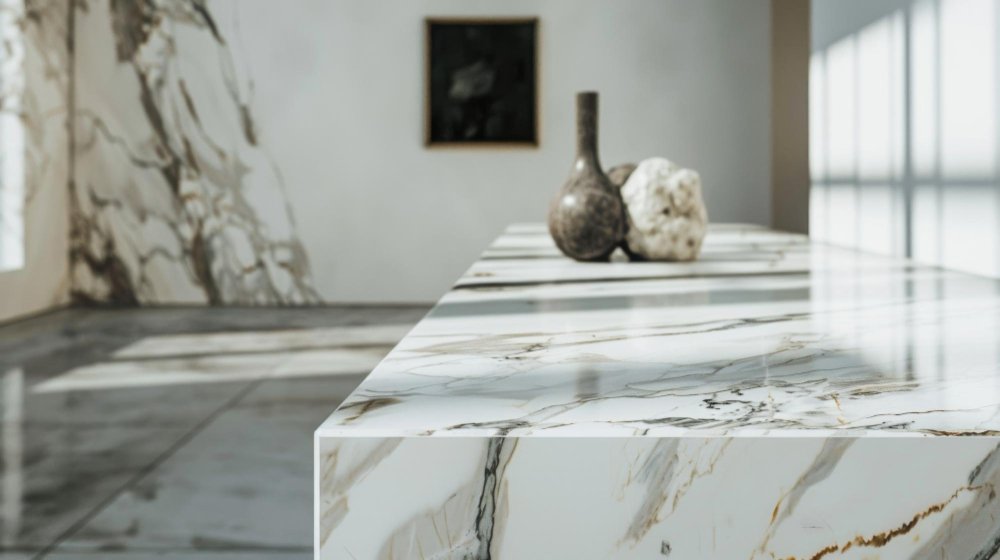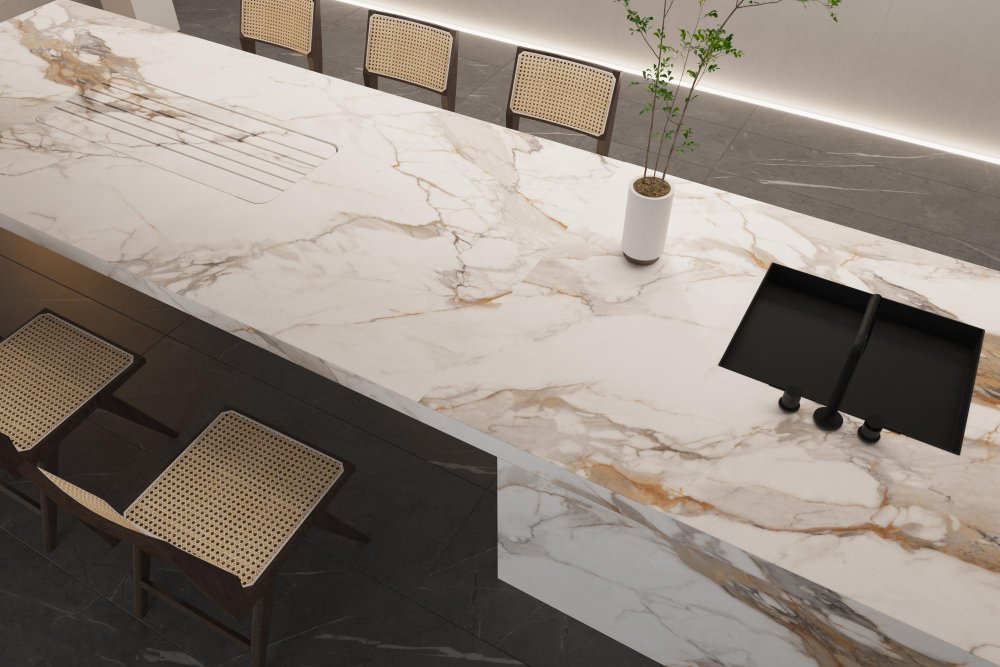
Dekton Countertops Explained — Without the Boring Stuff
- California Remodels Guide
- Posted on
Thinking about Dekton countertops? You’ve probably heard they’re ultra-durable, look amazing, and can handle just about anything you throw at them (literally). But then someone drops the word permits into the conversation, and suddenly you’re wondering if upgrading your kitchen means drowning in paperwork.
Let’s break it all down — no fluff, no yawns, just straight answers (with a few jokes to keep you awake).
Q1: What exactly is Dekton?
Dekton is basically the superhero of countertops. It’s made by combining raw materials — think quartz, glass, and porcelain — under insane heat and pressure. The result? A surface that’s scratch-proof, heat-resistant, and even UV-resistant (yep, you can put it outside without it fading).
Q2: Do I need a permit to install Dekton countertops?
In most cases, nope. If you’re just swapping out your old countertop for Dekton, you’re in the clear. No inspectors, no city hall visits, no awkward conversations with government employees about your backsplash choices.
However… if you’re making structural changes — like moving walls, changing plumbing, or adding built-in appliances — then yes, permits might be required. Think of it this way: If it changes the bones of your kitchen, the city wants to know.

Q3: Are there any regulations about using Dekton outdoors?
Here’s the fun part — Dekton loves the outdoors. It’s UV-stable, weatherproof, and happy in Sacramento summers or Tahoe winters. There aren’t specific “Dekton regulations,” but you should still follow local building codes for outdoor kitchens, especially if gas or electrical work is involved. Translation: if you’re adding a fancy built-in grill next to your shiny new countertop, get that permit.
Q4: How heavy is this stuff? Will my cabinets survive?
Dekton is dense — like, “invite a couple of strong friends or hire pros” dense. Most quality cabinets can handle it, but your installer should check for reinforcements if needed. No permit required for extra cabinet muscle, but you will need extra pizza for the crew carrying it in.
Q5: What about cutting and installing Dekton — is it DIY-friendly?
Short answer: Nope. Dekton requires special tools and training to cut and install. Your standard garage jigsaw isn’t going to cut it (literally). Unless you want to turn a $3,000 slab into modern art, hire certified installers.
Q6: Do permits add extra time to my project?
If you do need one (say, for electrical or plumbing changes), plan for a little extra time. Some permits can be pulled in a day; others might take a week or more. The good news? Once it’s approved, installation of Dekton itself is quick — often done in a single day.
The Bottom Line
Dekton countertops are a killer choice for both indoor and outdoor projects. Most of the time, you won’t need a permit just to install them. But if your remodel involves moving walls, utilities, or creating an outdoor kitchen, check your local codes first. Trust me — a quick call now is better than an inspector surprise later.
Call to Action:
Ready to give your kitchen or patio the ultimate upgrade? Go for Dekton — and make sure your project is as smooth as the countertop itself by checking the rules before you start.
